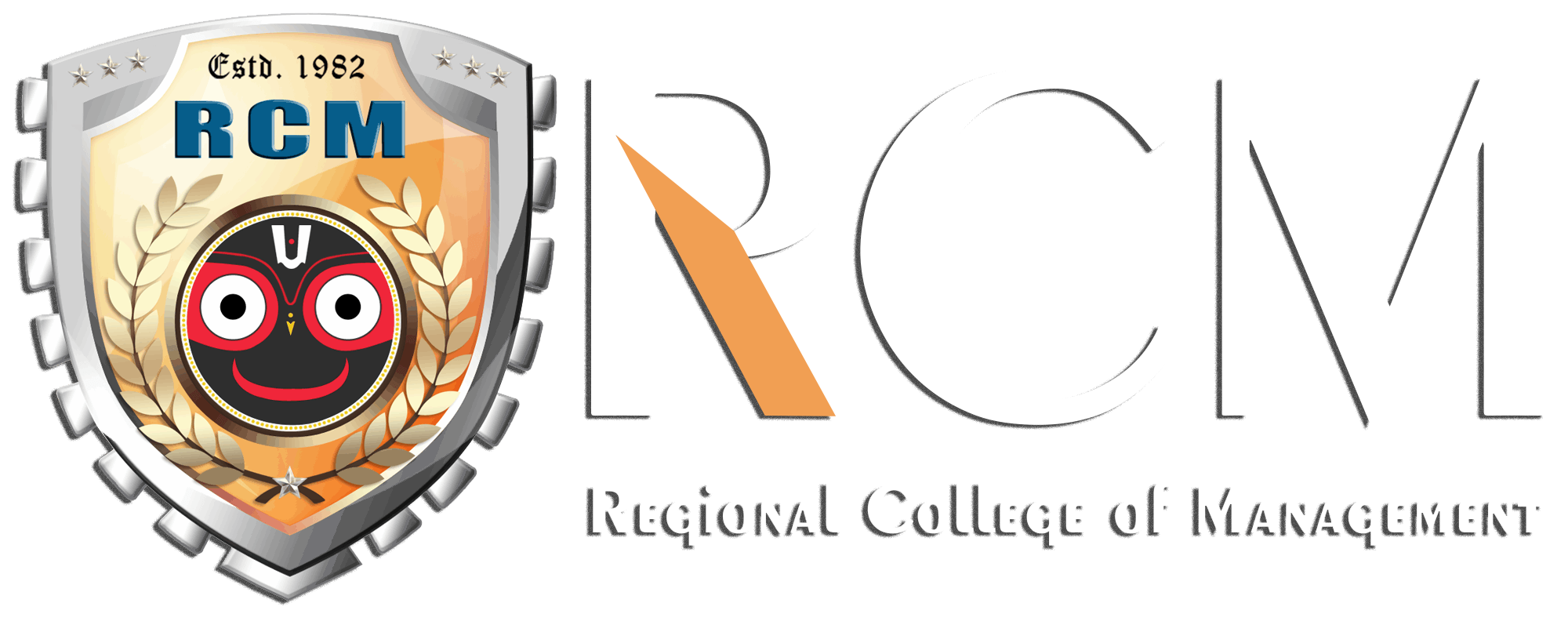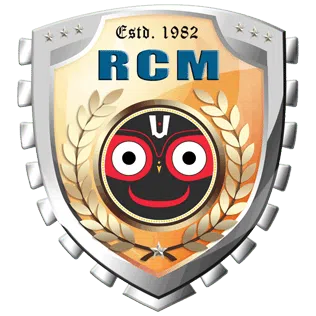Human Resources offers diverse career paths such as HR Assistant, Recruiter, Training Coordinator, HR Manager, and HR Director. Key functions include hiring, training, performance management, employee relations, and compensation. To succeed, you need communication, leadership, and analytical skills, along with a relevant degree and certifications like SHRM-CP or PHR.
Human Resources is more than just managing employee records and overseeing payroll. Today, HR departments are at the forefront of strategic decision-making, influencing policies that enhance employee engagement, foster diversity and inclusion, and promote organizational development. As businesses strive to adapt to a rapidly changing global landscape, HR professionals are tasked with leading these transformative efforts.
Key Functions of HR Departments
- Talent Acquisition and Recruitment
Identifying and attracting top talent is crucial for organizational success. HR professionals in this domain are responsible for creating job descriptions, conducting interviews, and managing the hiring process to ensure that the right candidates are selected for the right positions. - Employee Development and Training
Continuous learning and development are vital for employee satisfaction and retention. HR teams design and implement training programs that equip employees with the skills needed to thrive in their roles and advance their careers. - Performance Management
Establishing clear performance metrics and conducting regular evaluations help ensure that employees meet organizational goals. HR professionals play a key role in developing performance management systems that align with business objectives. - Compensation and Benefits
Designing competitive compensation packages and benefits programs is essential for attracting and retaining talent. HR departments analyze market trends to offer packages that meet employee needs and organizational budgets. - Employee Relations
Maintaining a positive work environment is fundamental to organizational health. HR professionals address employee grievances, mediate conflicts, and ensure compliance with labor laws and regulations.
Exploring Career Paths in HR
The field of HR offers a wide array of career opportunities for individuals with different interests and skill sets. Whether you’re just starting or looking to advance your career, understanding the various HR roles can help you identify a path that aligns with your goals.
Entry-Level Positions
- HR Assistant
Often the first step in an HR career, this role involves providing administrative support to HR managers, managing employee records, and assisting with recruitment processes. - Recruitment Coordinator
Focused on supporting the recruitment process, this position involves scheduling interviews, coordinating with candidates, and assisting with onboarding new hires. - Training Coordinator
Responsible for organizing training sessions and workshops, this role requires strong organizational skills and a keen interest in employee development.
Mid-Level Positions
- HR Generalist
A versatile role that encompasses various HR functions, including recruitment, employee relations, and performance management. HR Generalists serve as the backbone of HR departments, ensuring smooth operations across all areas. - Talent Acquisition Specialist
Specializing in recruiting and hiring top talent, these professionals develop recruitment strategies, conduct interviews, and build relationships with potential candidates. - Learning and Development Specialist
Focused on designing and implementing training programs, these specialists work to enhance employee skills and promote career growth within the organization.
Senior-Level Positions
- HR Manager
Overseeing HR operations, HR Managers develop and implement policies, manage departmental budgets, and ensure compliance with labor laws. - Compensation and Benefits Manager
Responsible for designing and managing compensation packages, these managers analyze market trends to offer competitive salaries and benefits. - Employee Relations Manager
Tasked with fostering a positive work environment, these professionals address employee concerns, mediate disputes, and promote organizational culture. - HR Director
Leading the HR department, HR Directors align HR strategies with business objectives, drive organizational change, and ensure effective talent management.
Skills and Qualifications for Success in HR
To excel in the field of HR, professionals must possess a unique blend of skills and qualifications that enable them to navigate complex organizational dynamics and drive strategic initiatives. Key skills for success in HR include:
- Communication: Effective communication is essential for managing relationships, resolving conflicts, and conveying policies and procedures to employees.
- Analytical Skills: HR professionals must analyze data to make informed decisions about recruitment, compensation, and employee development.
- Emotional Intelligence: Understanding and empathizing with employee needs and concerns is critical for fostering a supportive work environment.
- Problem-Solving: HR professionals must address a wide range of issues, from employee grievances to organisational change, requiring strong problem-solving abilities.
- Leadership: Leading HR initiatives and influencing organizational culture requires strong leadership skills and the ability to inspire and motivate others.
How to Pursue a Career in HR
For those interested in pursuing a career in HR, several pathways can lead to success in this dynamic field. Start by obtaining a degree in human resources, business administration, or a related field. Additionally, consider obtaining HR certifications, such as the Professional in Human Resources (PHR) or the Society for Human Resource Management Certified Professional (SHRM-CP), to enhance your credentials and demonstrate your expertise.
Networking with professionals in the field and gaining practical experience through internships or entry-level positions can also provide valuable insights and opportunities for growth.
Conclusion
The field of HR offers a wealth of opportunities for individuals seeking a rewarding career that impacts organizational success and employee well-being. By understanding the diverse career paths within HR, developing the necessary skills, and pursuing relevant education and certifications, you can position yourself as a valuable asset in this essential field.
Whether you’re just starting or looking to advance your career, HR presents a dynamic and fulfilling journey with endless possibilities for growth and impact.


























